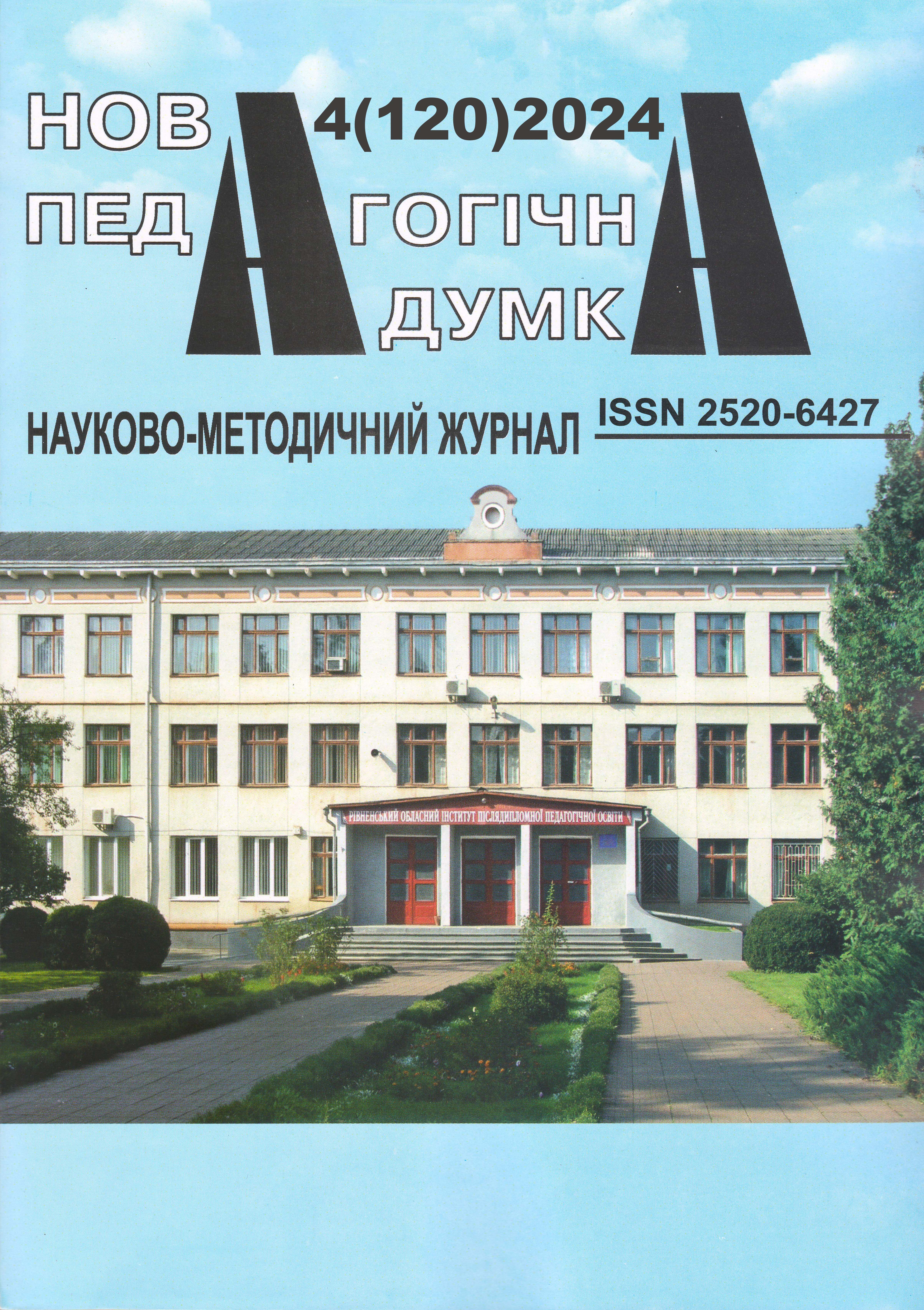Strategies for forming students' internal motivation for learning: the role of positive pedagogy
Abstract
Intrinsic motivation for learning is a fundamental factor determining the effectiveness of the educational process, influencing students' autonomy and their ability to achieve meaningful outcomes. In contemporary education, operating under the conditions of globalization, digitalization, and social challenges, there is a growing need to rethink approaches to cultivating student motivation. This includes a focus on methods that not only stimulate engagement in learning activities but also foster students’ capacity for self-regulation and sustained learning activity.
Recent years have seen significant attention from researchers and practitioners to the concept of positive pedagogy as a tool for creating a safe, emotionally supportive environment capable of activating students' internal reserves. Positive pedagogy aims to reveal students’ strengths, enhance their emotional literacy, and develop a value-based attitude toward learning. At the same time, both domestic and international scientific communities underscore the importance of integrating positive pedagogy into strategies that promote self-regulation – a skill that enables students to effectively manage their time, energy, and emotions during the learning process.
The relevance of this study is rooted in the need to overcome students’ dependence on external motivators, such as grades, rewards, or social approval. It is also driven by the necessity to adapt pedagogical methods to the rapidly changing information environment in which modern adolescents live. The lack of developed and tested methods for the simultaneous development of intrinsic motivation and self-regulation skills presents a significant problem that demands a comprehensive approach.
This article examines effective strategies for fostering intrinsic motivation among adolescent students through the application of positive pedagogy principles. Particular emphasis is placed on practical methods for developing self-regulation and their impact on students’ learning activity. The paper synthesizes theoretical and practical experiences from recent research (2020–2024), analyzes current scientific approaches, and proposes specific evidence-based pedagogical strategies.
Thus, the study not only contributes to understanding the mechanisms of adolescent motivation but also outlines perspectives for improving educational practices within the framework of positive pedagogy. The primary focus is on creating conditions in which students can develop autonomy, awareness, and responsibility for their learning – essential competencies for successful functioning in 21st-century society.





